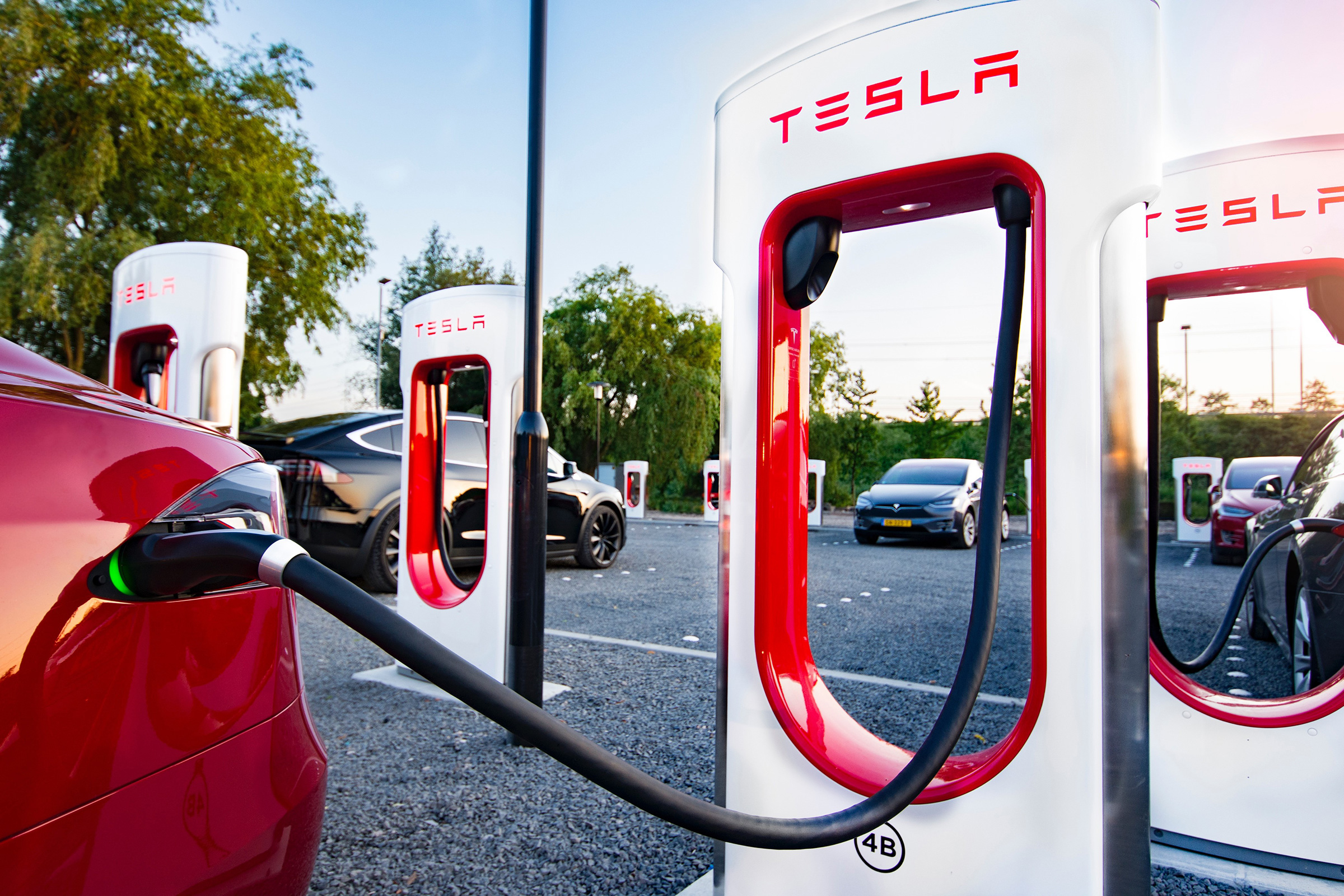Following recent world events, the war in Ukraine, and the worldwide crisis risk, gasoline prices slowly but surely get higher, and the understandable questions arise: would it be better to own an electric vehicle? Is the electric car cheaper to use and maintain? Would you save money by switching from gasoline to electricity?
Here at Rhonium, we decided to compile different studies and statistics concerning electric vehicles to understand how much money you can save by switching from a gasoline car to an EV.
Statistics are taken from different sources that thoroughly studied the question. But of course, all situations are unique, and when one person would likely have more profit using electric vehicles, another may be better with sticking to the traditional gasoline car. This is why we included real electric vehicle owners’ experiences from different areas of the USA.
Before the article starts we’d like to warn you that the studies aren’t going to be completely precise. The market is always changing and shifting, prices are unpredictable, so the information we provided here is accurate for 2021 and the first half of 2022.
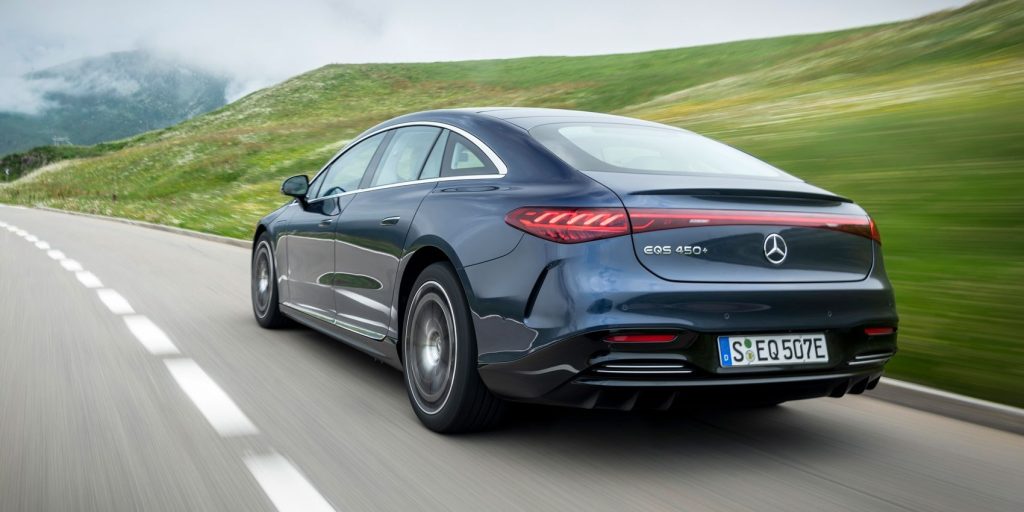
What is the main argument against switching to EV?
When the debate about the pros and cons of transition to electric vehicles arises, the most popular argument stating that it wouldn’t be profitable is this: Electric Vehicles cost more than ICE cars.
Is it true? Well, truthfully speaking, it was a fact a few years back, but as electric cars got more recognition and became widely manufactured, the prices started to balance themselves out. Statistics say that each year new prices for purchasing electric vehicles get lower. And the recent studies conducted by Bloomberg New Energy Finance state that in five years electric vehicles should be cheaper on average than cars that use internal combustion engines.
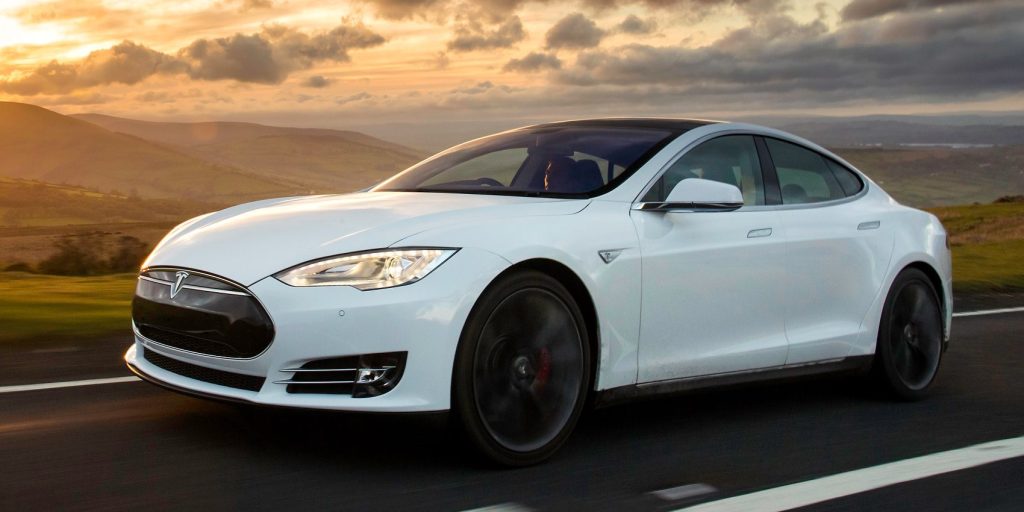
What other factors affect the cost difference between EV and ICE cars?
Insurance and taxes, charging and maintenance are other factors that play part in how much the owner is going to spend on the electric vehicle. Of course, anyone should research the prices for these services, since they vary between companies and states of America. But the hard fact is that these prices are already lower for electric vehicles. Different car cost indices and researches show that it cost fifty percent less to own an electric car compared to the gasoline or diesel equivalents.
Less maintenance is required when it comes to electric vehicles, tax incentives are more favorable, and of course, the “fueling costs” are positively different.
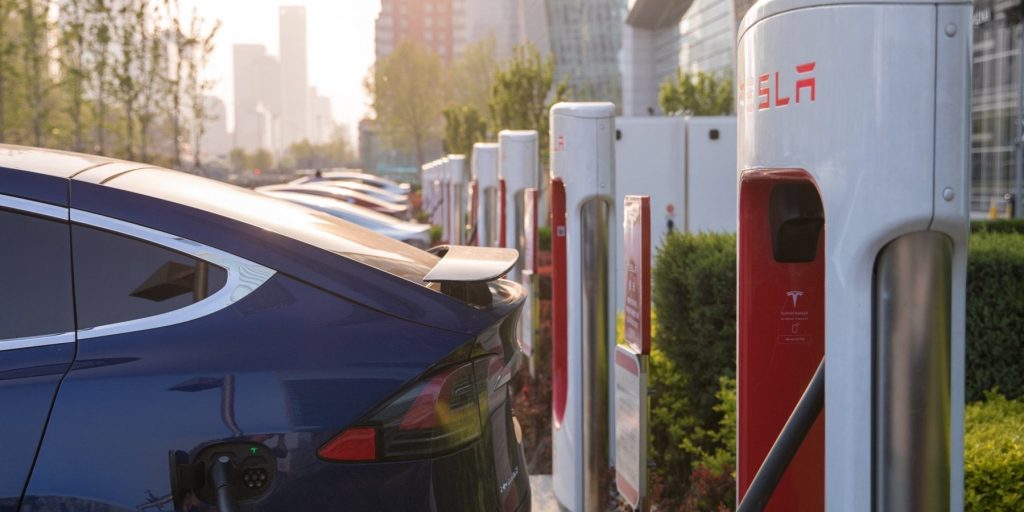
Charging the EV, evaluating the price
Three different levels of charging for EVs exist today, they are one of the main conditions that determine the price.
Level 1 AC chargers provide the lowest price possible for kWh because this charger can be used only at home. You will only pay your simple electricity bill, or you can install solar panels to increase the profit even more.
The main downside of Level 1 charging is a low speed, you’ll have to spend the whole night to fully charge the vehicle.
Level 2 chargers provide faster charging but require more money per kWh. These chargers are the most popular choice for public stations, the price is $0.12 per kWh on average around the USA. The truth is that charging in public stations with Level 2 chargers is always cheaper than fueling up gasoline, but more expensive than charging at home. The advantage is that it takes less time, a few hours for a full charge.
Level 3 chargers are capable to charge the vehicle’s battery completely within 20 minutes. However, this type of charging, available in public stations only, is much more expensive due to the convenience of speed. The prices vary between locations and companies providing Level 3 charging, but it is still lower than fueling up gasoline.
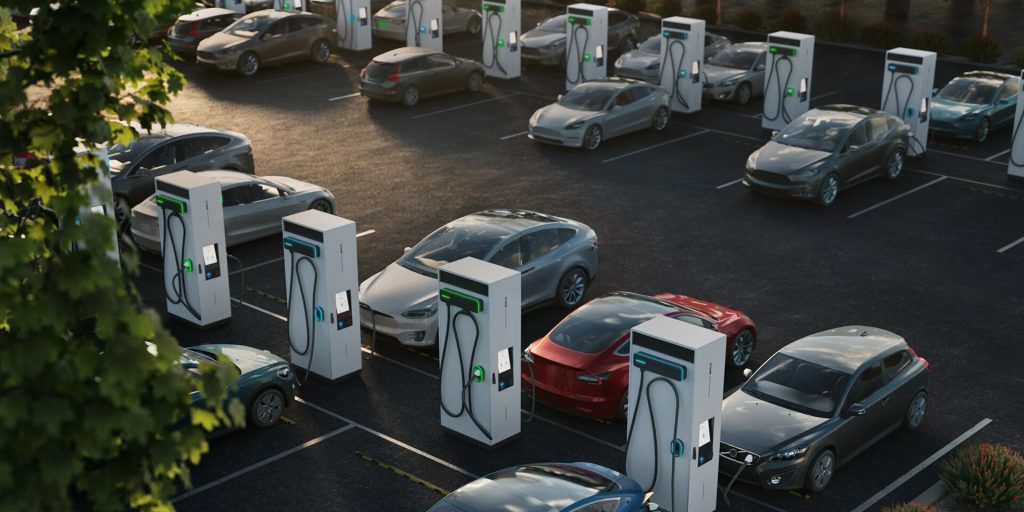
What affects the charging price?
Electricity prices vary between states, some areas have reasonable prices that would allow you to save a significant amount of money, while others have established high prices for kWh, so the economy wouldn’t be that high.
The electricity price also changes depending on the hour of the day. Many people use electricity during the daytime, so charging at night would be more cost-effective. These numbers vary between states and countries, so doing a little research for your specific area would give you a general impression about how much money you’ll spend for charging.
Some new EV companies provide a free charging policy for a few years, for example, Electrify America partnered with Hyundai and established a special charging plan for Ioniq 5 EV model.
Some employers and public places like restaurants and shopping centers provide free charging stations to promote the transition to electric vehicles and an environmentally friendly lifestyle.
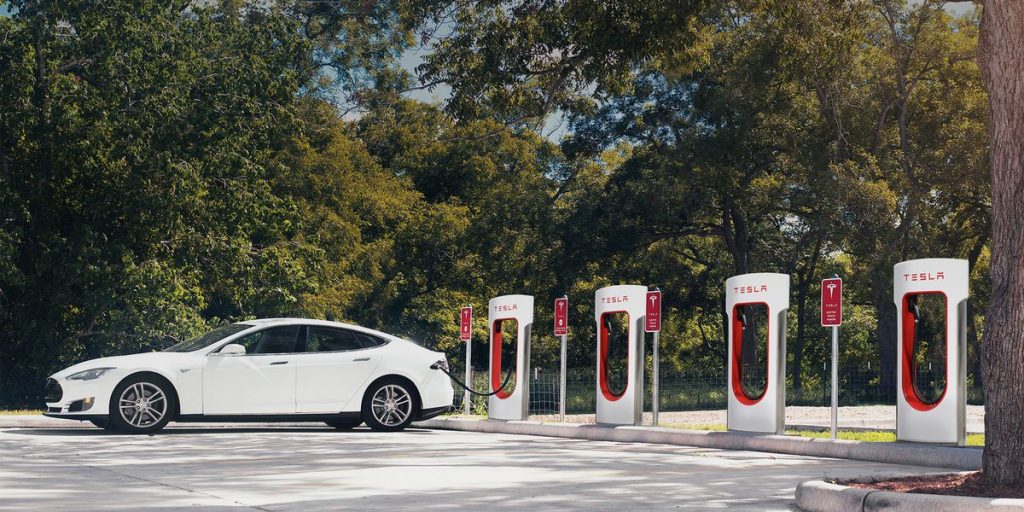
The answer to the EV and ICE debate: is it cheaper?
The most definite answer is YES – it is at least 30 percent cheaper to own an EV when it comes to charging. Researches state that on average only between 500 and 1000 dollars is being spent on charging for one vehicle per year. On the other hand, at least 2000 dollars is spent on fuel on average for one vehicle per year, which is significantly less.
Vehicle owners about EV and ICE cars
Mustang Mach-E provides one full charging cycle at home for only ten dollars. It is enough for three hundred miles.
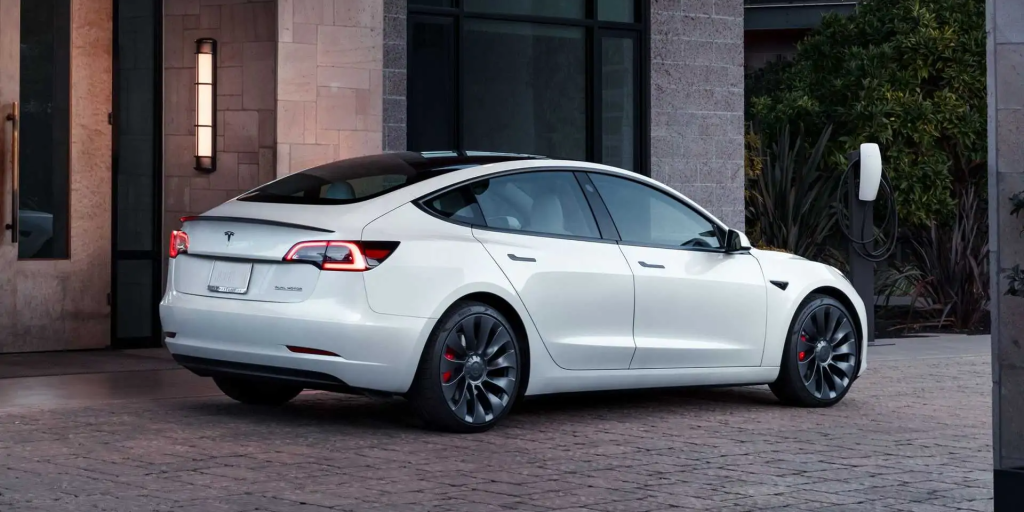
Tesla Model 3 takes only $0.015 per mile, while Kia Sorrento made me spend $0.25 per mile and an additional $0.016 per mile for an oil change.
I live in Florida, and calculations tell me that Nissan Leaf I currently own will cost me the same amount of money for 140 miles on electricity charge as it would cost a gallon of gas. But in winter or colder states, the efficiency of this vehicle is going to be reduced.
I own the Bolt vehicle that gets charged using solar panels I installed two years ago, so it provides me with free ten thousand kWh per year. But if I were to use public chargers, it would cost me 6 cents per mile. The price is high, but I’m in Massachusetts, so it’s no surprise. If I were to own a gasoline vehicle, it would cost me 12 cents per mile, plus oil changes and different maintenance that doesn’t exist in electric cars.
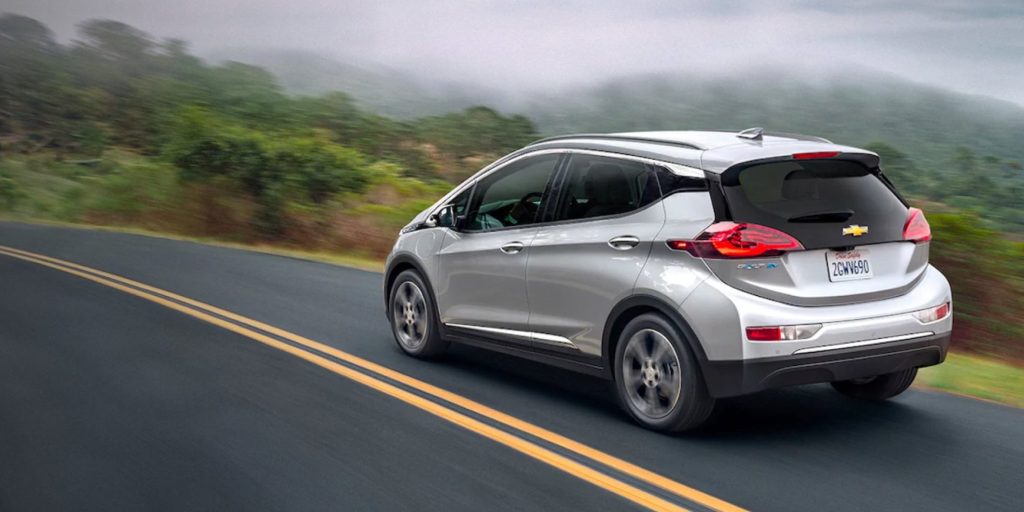
I’ve had my vehicle for three years and on average one kWh equals 3.5 miles. With local prices, I spend around 4.2 cents per mile. Before the gasoline was $2.8 per gallon, I spent 13 cents per mile when driving V6 Camry on gasoline. So, owning an electric car makes it possible for me to spend only ¼ of the money I used to spend when I drove on gas.
Living in New York, every month I drive around 200 miles and spend less than 20 dollars on it. I do all the charging at home, and it turns out extremely profitable. When I owned a gasoline vehicle, my expenses were three or four times higher.
I live in a state with very high prices for EV charging, but I still saved a lot after switching from an ICE car. The rate here is $0.23 per kWh, and it comes to 17.40 miles per dollar for my Tesla Model 3 LR. My gasoline Prius will only get me 11.82 miles per dollar. But since I own solar panels, I pay $0 for electricity in the summer, and somewhere around $0.138 in winter.
Conclusion
An electric vehicle would cost you at least ten percent less in the long run than an ICE vehicle. But do your own research, and find the most appropriate vehicle for your driving style and the area. Talk to other EV owners, study electricity prices, and research the market, and you’ll definitively find the right electric car to purchase.
